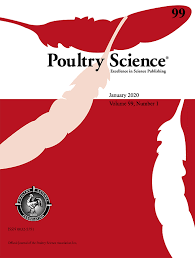Document type: scientific article published in Animals
Author: Clémence Lesimple
Preview: Scientific interest in animal welfare was initially driven by popular emotional, ethical and political concerns. It has now become an important societal question and all the stakeholders agree on the necessity to rely on unambiguous scientific evidence for evaluation and making decisions. Animal welfare is defined as a chronic state reflecting an animal's subjective perception of its situation indicated by behavioural, postural and physiological parameters. Because of their multiple statuses (as farm, leisure, sport or pet animals), horses experience a large variety of more or less adequate environmental conditions that present risks of impairing their welfare. The aim of this review is to disentangle welfare parameters and to differentiate reliable animal-based indicators of horses' welfare from potential signals of acute sickness, discomfort, temporary states of pain, stress or emotion that are not based on popular beliefs in order to provide the equine industry with appropriate guidelines and recommendations.




